
The Third Industrial Revolution
How Lateral Power Is Transforming Energy, the Economy, and the World
Read or listen offline
Amazon KindleRecommendation
Jeremy Rifkin, an economist and political adviser, presents a highly ambitious text that describes some fundamental transformations underway in the world economy, provides a road map to future change and explains why such massive shifts are necessary. Many of the topics Rifkin discusses will be familiar to you, such as the threat of climate change or the potential of new collaborative business models. What Rifkin offers, and what makes his book both exciting and a bit daunting, is an overarching narrative that places technological, social and economic currents in historical and modern contexts. The result is both educational and engaging. getAbstract finds that his analysis will intrigue futurists, those interested in the intersection of technology and society, and anyone concerned about life on Earth.
Summary
About the Author
Jeremy Rifkin, head of the Foundation on Economic Trends, is an adviser to the European Union and other governmental entities and chairs the Third Industrial Revolution Global CEO Business Roundtable. He is the author of numerous best-selling books, including The Hydrogen Economy.









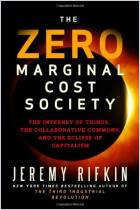
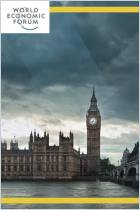
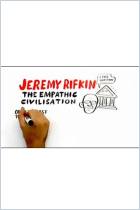
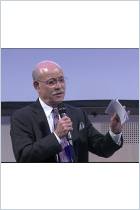
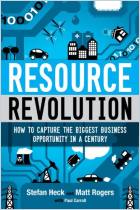
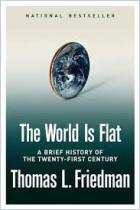

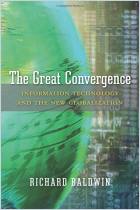
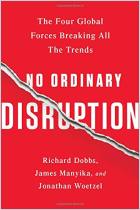
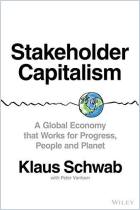

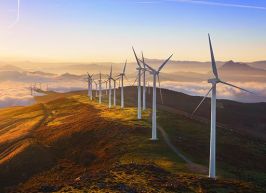




Comment on this summary or Iniciar a Discussão